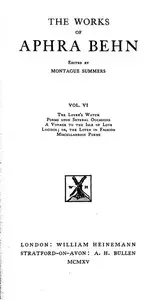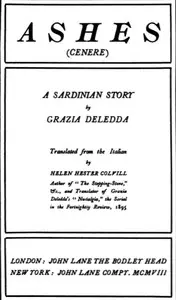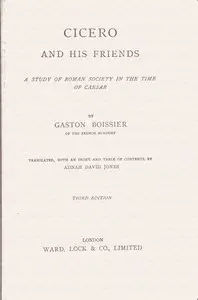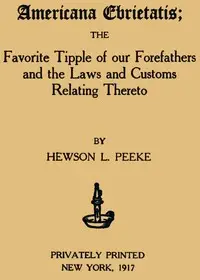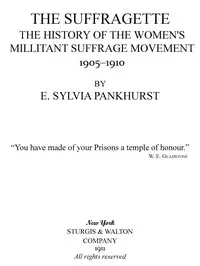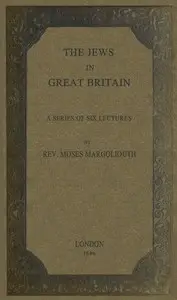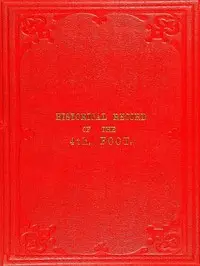"The Works of Aphra Behn, Volume III" by Aphra Behn is a collection of comedic plays written during the late 17th century, a time when theatre was blossoming in England. This particular volume includes works such as "The Town-Fop" which explores themes of love, deception, and social mores. It mostly revolves around characters entangled in romantic pursuits, specifically Sir Timothy Tawdrey, who is foolishly contracted to marry the lovely Celinda, who secretly loves Bellmour, adding further complications to their romantic entanglements. The beginning of "The Town-Fop" introduces us to Sir Timothy Tawdrey, a vain knight determined to marry Celinda for her wealth, despite her affections for Bellmour. We learn that Sir Timothy is perceived as a ridiculous coxcomb, and he expresses disdain for serious courtship, eager instead to enjoy the superficial pleasures of London life. Meanwhile, Celinda yearns for Bellmour, escalating the tension as she tries to navigate her feelings while Sir Timothy clumsily attempts to woo her. This setup creates an entertaining atmosphere filled with misunderstandings, friendships, and romantic conflicts, drawing readers into a comedic tale of love and social satire. (This is an automatically generated summary.)

The Works of Aphra Behn, Volume III
By Aphra Behn
"The Works of Aphra Behn, Volume III" by Aphra Behn is a collection of comedic plays written during the late 17th century, a time when theatre was blo...
Aphra Behn was an English playwright, poet, prose writer and translator from the Restoration era. As one of the first English women to earn her living by her writing, she broke cultural barriers and served as a literary role model for later generations of women authors. Rising from obscurity, she came to the notice of Charles II, who employed her as a spy in Antwerp. Upon her return to London and a probable brief stay in debtors' prison, she began writing for the stage. She belonged to a coterie of poets and famous libertines such as John Wilmot, Lord Rochester. Behn wrote under the pastoral pseudonym Astrea. During the turbulent political times of the Exclusion Crisis, she wrote an epilogue and prologue that brought her legal trouble; she thereafter devoted most of her writing to prose genres and translations. A staunch supporter of the Stuart line, Behn declined an invitation from Bishop Burnet to write a welcoming poem to the new king William III. She died shortly after.



